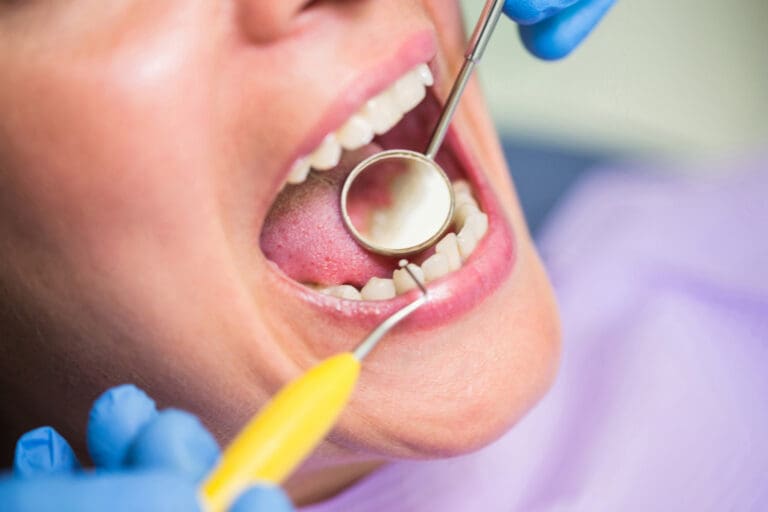If your child is struggling with behavior problems—like hyperactivity, irritability, or difficulty focusing—it’s natural to consider conditions like ADHD or anxiety. But there’s another, often-overlooked culprit that could be affecting your child’s mood and behavior: sleep apnea.
Pediatric sleep apnea is a condition where a child’s breathing is interrupted during sleep, sometimes dozens or even hundreds of times a night. These disruptions can prevent the brain and body from getting the rest they need, leading to behavioral symptoms that mimic other disorders.
Below are five signs your child’s behavioral challenges may be connected to an underlying sleep issue like obstructive sleep apnea.
1. Daytime Hyperactivity and Restlessness
Children with sleep apnea don’t always appear tired—in fact, many display the opposite. Instead of slowing down, they may become more hyperactive during the day as their body tries to compensate for poor-quality sleep.
This restlessness can look a lot like ADHD, but the root cause may be sleep deprivation. If your child is constantly in motion, struggles to sit still, or bounces from activity to activity, it might be time to evaluate their sleep patterns.
2. Mood Swings, Irritability, and Tantrums
Lack of quality sleep affects the parts of the brain responsible for regulating emotions. As a result, children with sleep apnea often experience more frequent emotional outbursts, mood swings, and irritability.
If your child’s temper seems short, or they go from cheerful to upset at the drop of a hat, sleep disruption could be a contributing factor.
3. Difficulty Paying Attention at School
Concentration and memory rely heavily on good sleep. When your child isn’t getting restorative rest, it may show up in the classroom as forgetfulness, zoning out, or poor academic performance.
Teachers might notice that your child has trouble following instructions, loses focus easily, or needs things repeated multiple times. These are common signs of sleep apnea-related behavior problems in children.
4. Snoring, Mouth Breathing, or Pauses in Breathing at Night
Most kids should breathe quietly during sleep. If your child snores loudly, breathes through their mouth, or seems to stop and start breathing during the night, these are red flags for obstructive sleep apnea.
Parents often don’t realize how serious these nighttime symptoms can be—especially when they’re paired with behavioral issues during the day.
5. Bedwetting or Sleepwalking
While less common, some children with sleep apnea may also exhibit bedwetting, sleepwalking, or night terrors. These disruptions in the sleep cycle may not seem related to behavior, but they can be signs that your child’s brain isn’t getting the rest it needs.
In combination with the symptoms above, these nighttime behaviors may point toward a sleep-related breathing disorder.
What to Do If You Suspect Sleep Apnea
If any of these signs sound familiar, don’t panic—but don’t ignore them either. Pediatric sleep apnea is treatable, and early intervention can make a huge difference in your child’s development, mood, and daily functioning.
A pediatric dentist trained in airway health can evaluate your child’s oral and facial development to see if sleep apnea may be playing a role. At Schaefer Dental Group, we offer airway-focused care that helps identify and address sleep apnea behavior problems in children through non-invasive, personalized treatment.
👉 Learn more about pediatric sleep apnea and behavior issues here
Final Thoughts
Behavior problems in children are complex, and every child is different. But if your child’s energy levels, emotions, or focus seem off—and especially if they snore or breathe irregularly while sleeping—don’t overlook the possibility of sleep apnea.
A good night’s rest might just be the missing piece to better days ahead.





